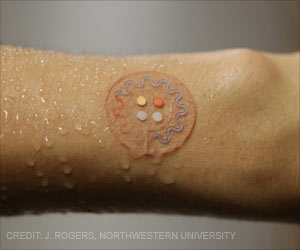Drawing can enhance memory in older adults than those who write notes, finds a new study.
- Older adults who take up drawing have better memory compared to those who write
- Drawing may help people with dementia who tend to encounter rapid decline in memory and language function
Read More..
The researchers believe that drawing led to better memory when compared with other study techniques because it incorporated multiple ways of representing the information visual, spatial, verbal, semantic and motoric.
"Drawing improves memory across a variety of tasks and populations, and the simplicity of the strategy means that it can be used in many settings," said Myra Fernandes.
As part of the studies, the researchers compared different types of memory techniques in aiding retention of a set of words, in a group of undergraduate students and a group of senior citizens. Participants would either encode each word by writing it out, by drawing it, or by listing physical attributes related to each item. Later on, after performing each task, memory was assessed. Both groups showed better retention when they used drawing rather than writing to encode the new information, and this effect was especially large in older adults.
Retention of new information typically declines as people age, due to deterioration of critical brain structures involved in memory such as the hippocampus and frontal lobes. In contrast, we know that visuospatial processing regions of the brain, involved in representing images and pictures, are mostly intact in normal aging, and in dementia. "We think that drawing is particularly relevant for people with dementia because it makes better use of brain regions that are still preserved, and could help people experiencing cognitive impairment with memory function," said Meade. "Our findings have exciting implications for therapeutic interventions to help dementia patients hold on to valuable episodic memories throughout the progression of their disease."













